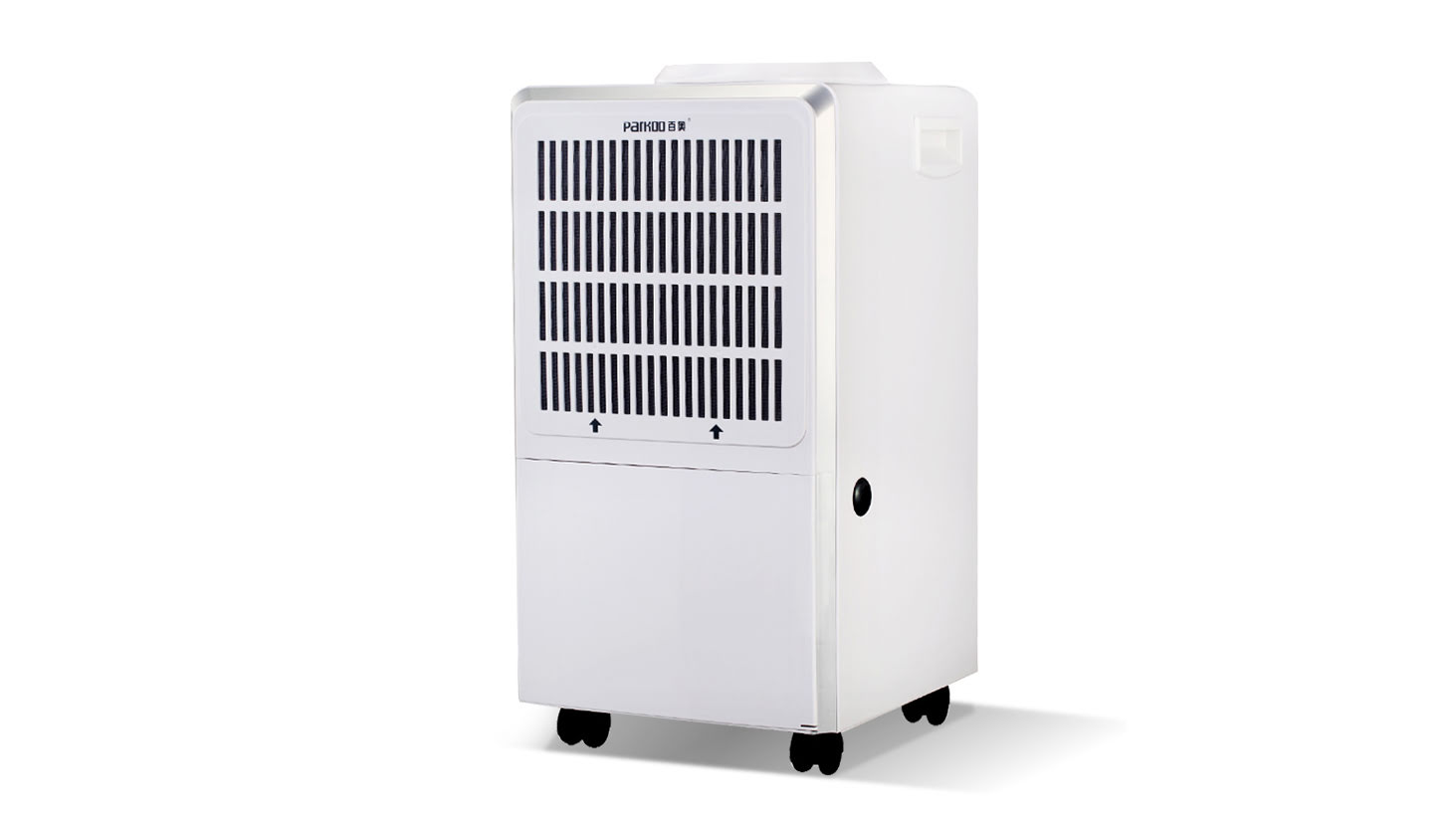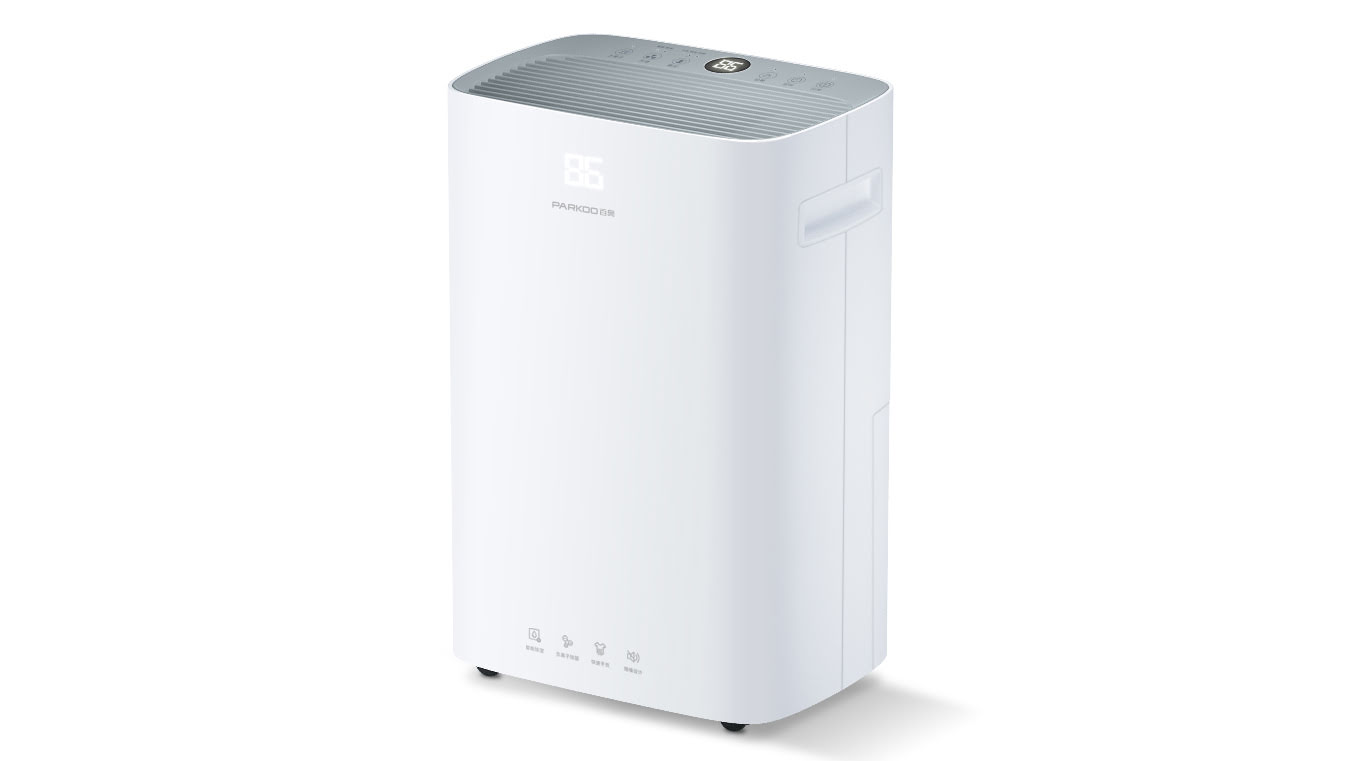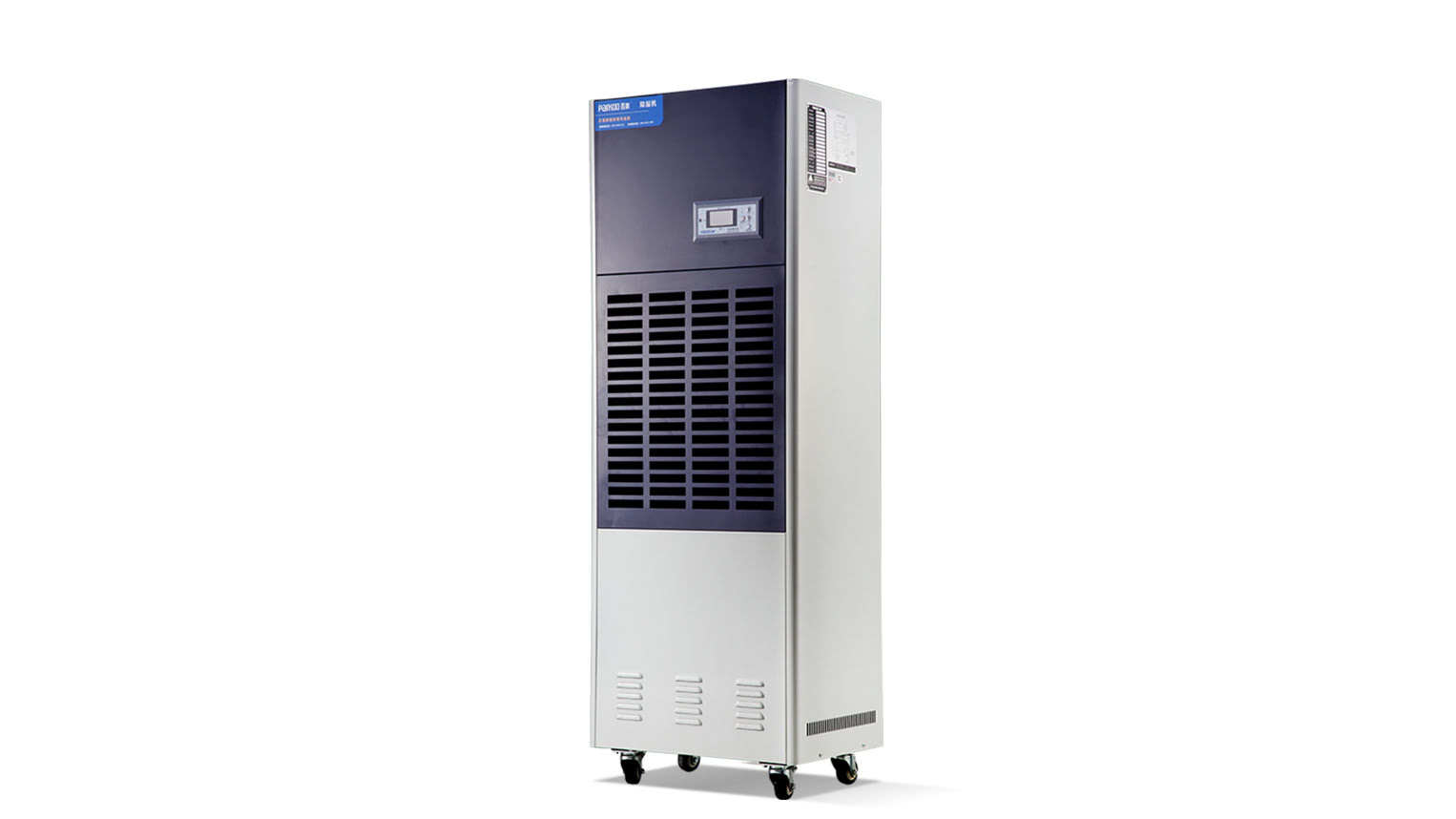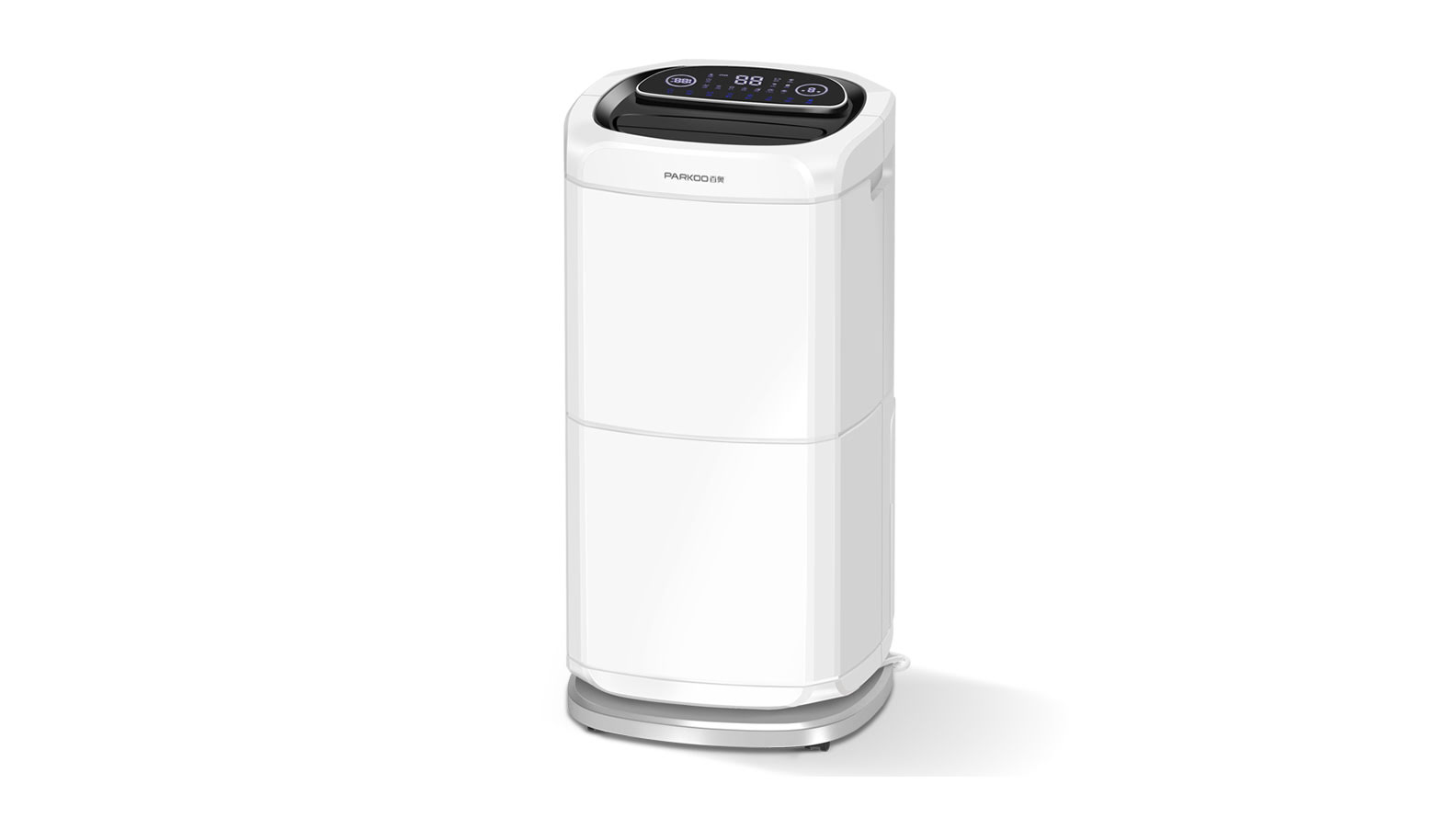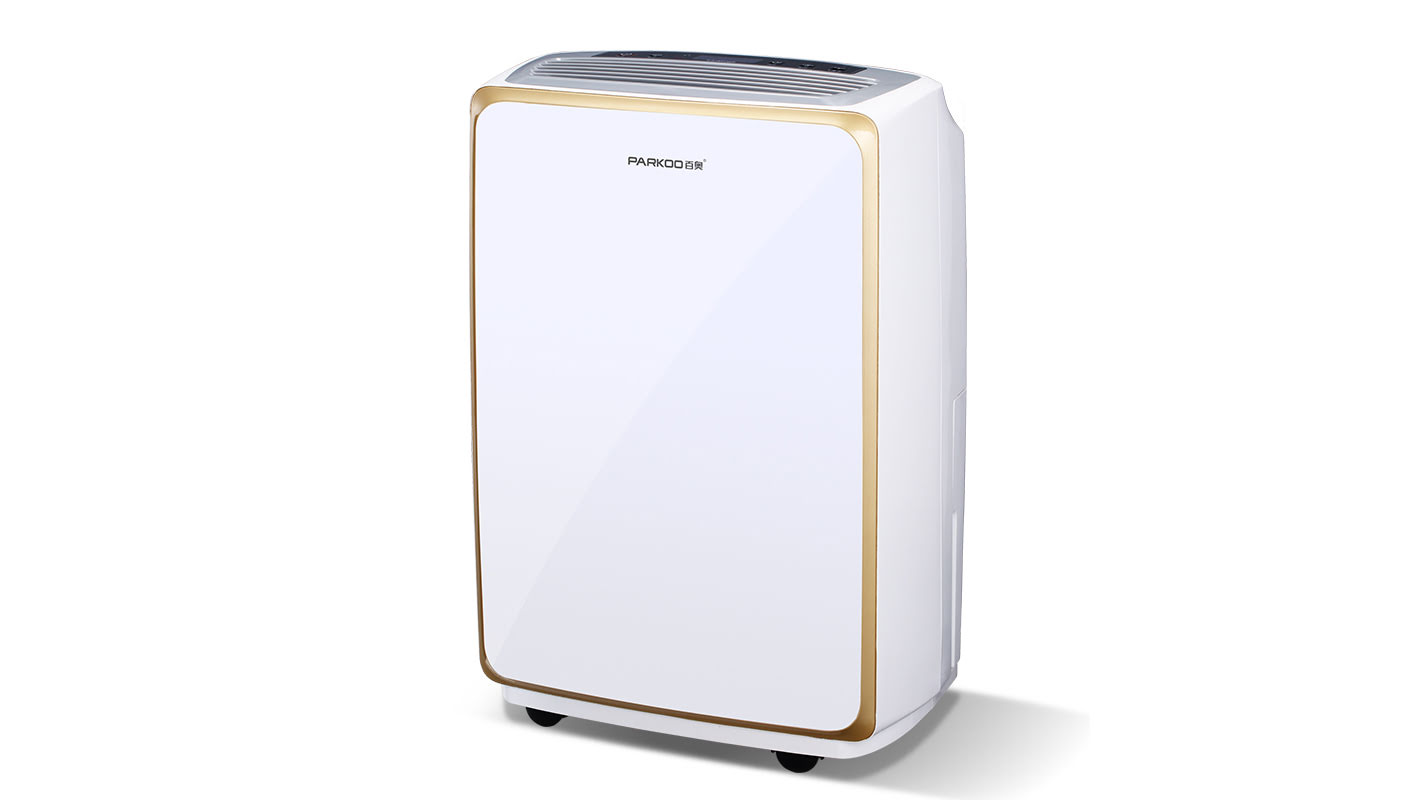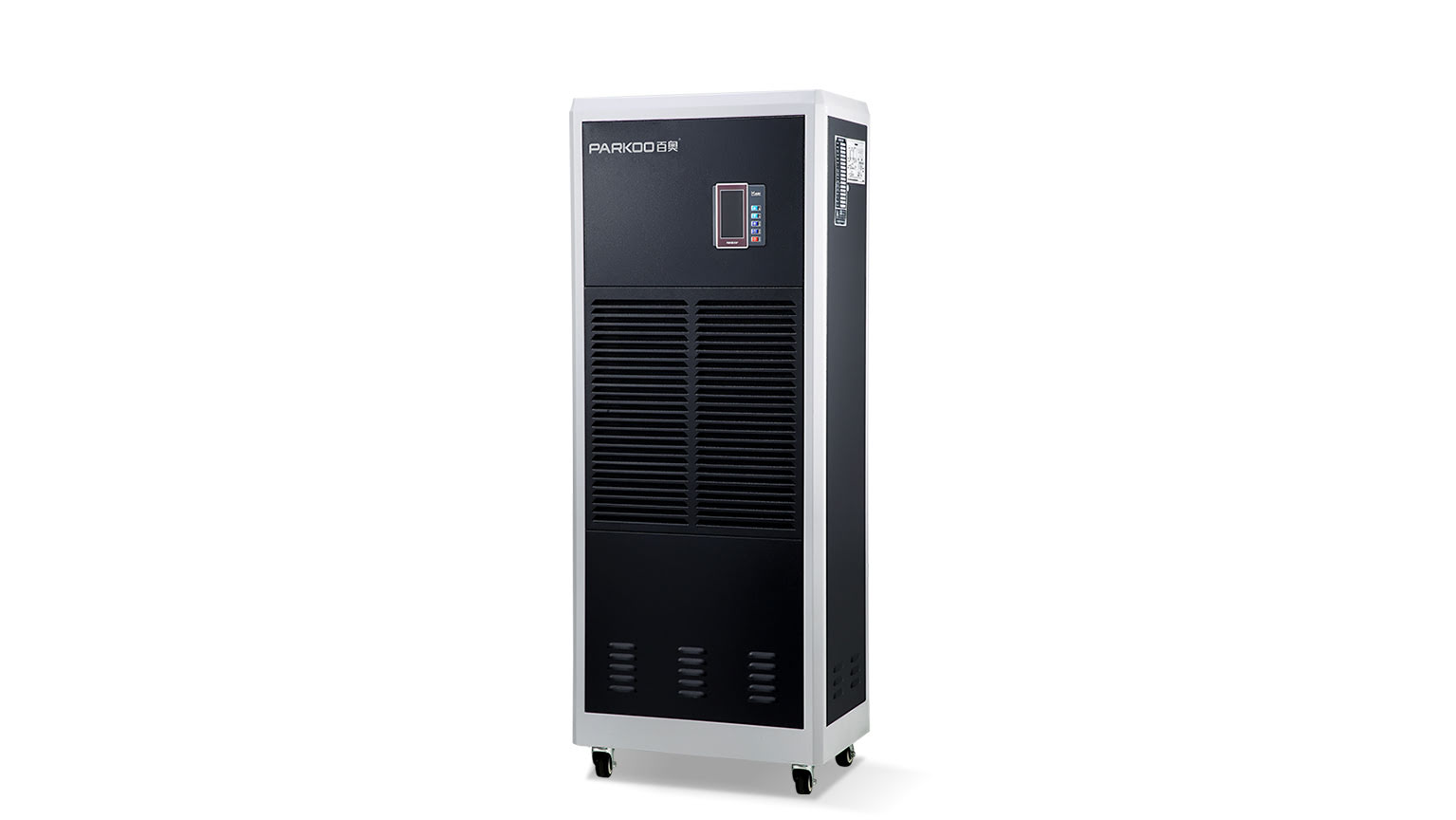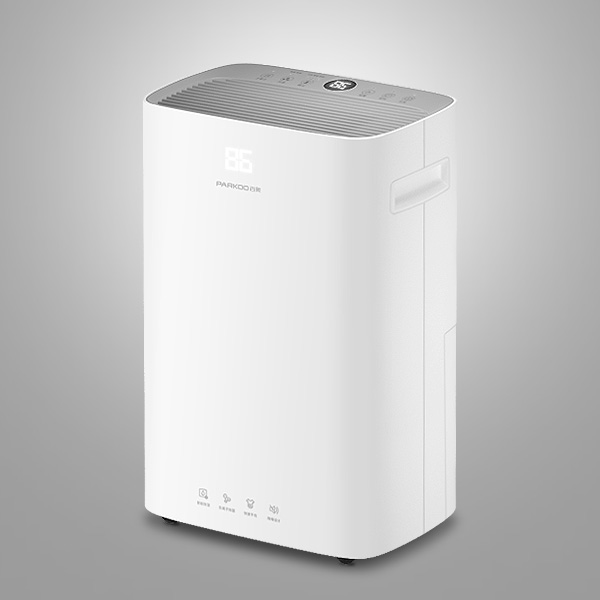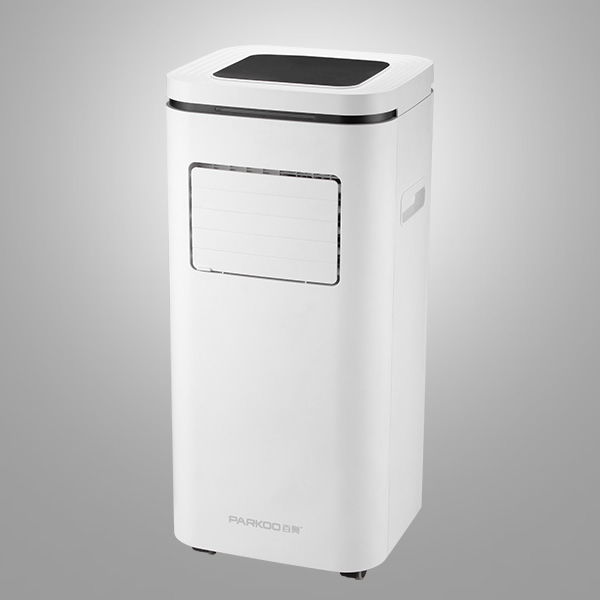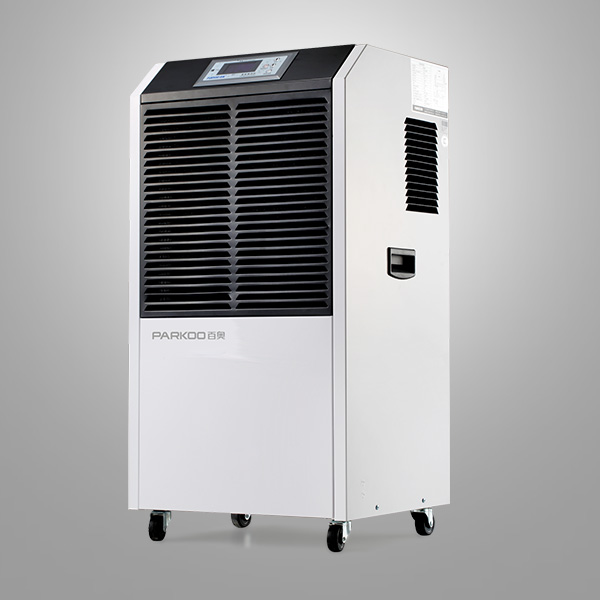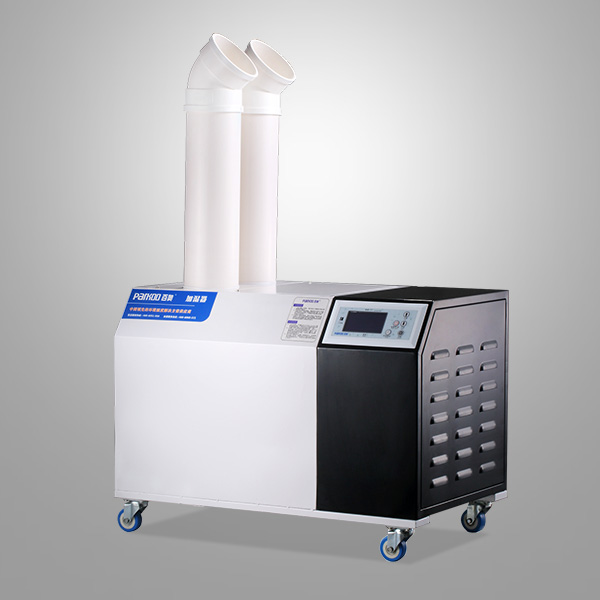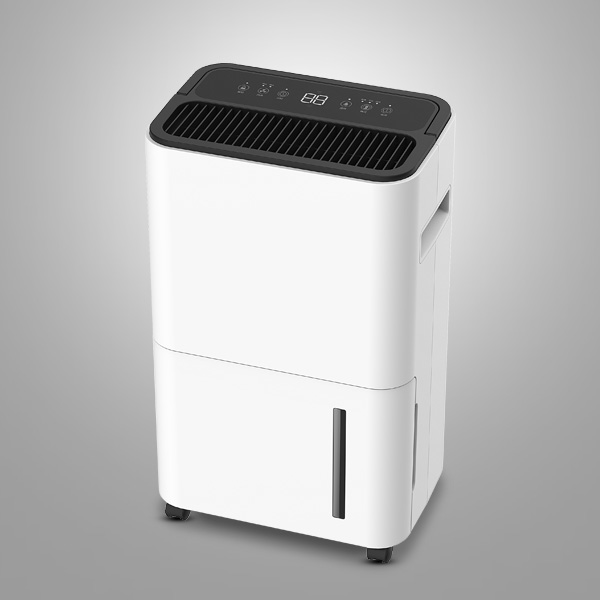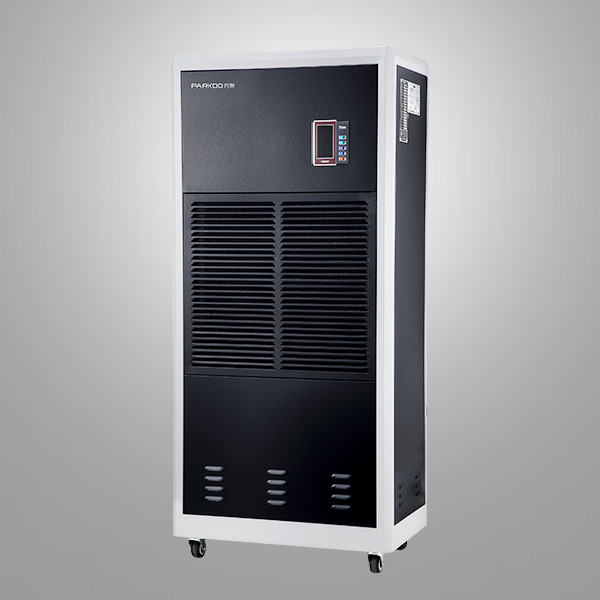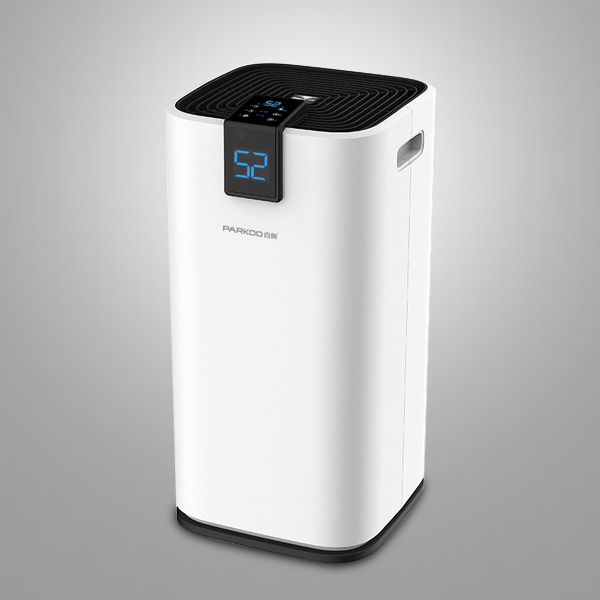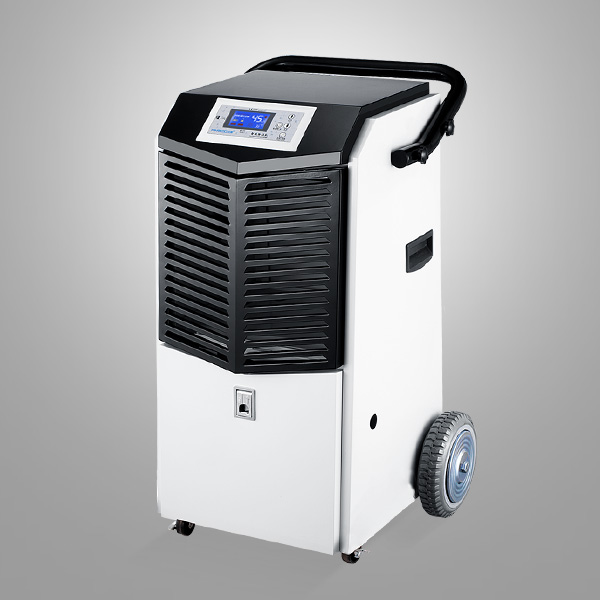HuMidity control of general pharmaceuticals
Moisture is a major threat to the general Pharmaceutical industry, as it can Cause deterioration of hygroscopic materials, organic corrosion, BIOchemical reactions, activation of Harmful microbial activity, and damage to the accuracy and uniformity of formulations
The influence of uncontrolled humidity
powder grinding: water vapor makes the material elastic and difficult to grind. The material adheres to the grinding machine and is not affected by aerodynamics from one process to another
Mixing of tabLets: UnNeeded moisture hinders the required reaction, forming unwanted final Products, resulting in Poor Quality and shoRTened shelf life.
tablet compression: Powder materials can only be compressed under high pressure in a dry state. Moisture causes clumping and clumping, decomposes drugs, reduces medicinal value, and causes the tablet pressing process to fail
Tablet coating: Improper Cooling and drying of sugar solution can lead to rough, translucent, and uneven coating
Gland/liver extract: after drying, lower relative humidity conditions are required
Effervescent tablet: the humidity in the manufacturing area will affect the surface finish
cough syrup: when the humidity is high, the material adheres to the stamping machine
Storage:
Aluminum is inherently moisture sensitive and may cause moisture and tablet packaging
Packaging
Dry powder/vial filling: Powder adheres to the conveyor to Prevent air circulation and filling operations.
peeling packaging: Moisture in the packaging area may cause absorption of moisture in tablets and capsules, Thereby reducing the expected shelf life and effectiveness
reasons for uncontRolled humidity
wet Weather conditions and the presence of water sources near factories
Due to the large amount of water used in various processes, high humidity in the Environment is caused.And most factories are located in cold Environments, which are humid atmospheric conditions.
It is generally recommended that
Various drugs have different conditions, which should Maintain the best product and a longer shelf life.
Cough: Keep humidity at 30% RH.
penicillin: Temperature and humidity must be maintained.
It must be strictly controlled within ± 0. Penicillin Incubation period at 25 º C and ± 3% RHInjection/Ampoule: The RH should be less than 45%, while sterile ampoule powder requires a RH of 35% or less
Soft gelatin capsules: Gelatin can be dried by circulating Dehumidifying air to a room maintained at 20% RH at 320 ℃
Regardless of the Environmental conditions during production, processing, storage and packaging, the Industrial Dehumidifier can keep the relative humidity as low as 1% or even lower. PARKOO Dehumidifier adopts powder coating surface treatment and high-performance Metal silicate grooved medium. this medium is Static and non-toxic, so it is very suitable for the requirements of the pharmaceutical industry
